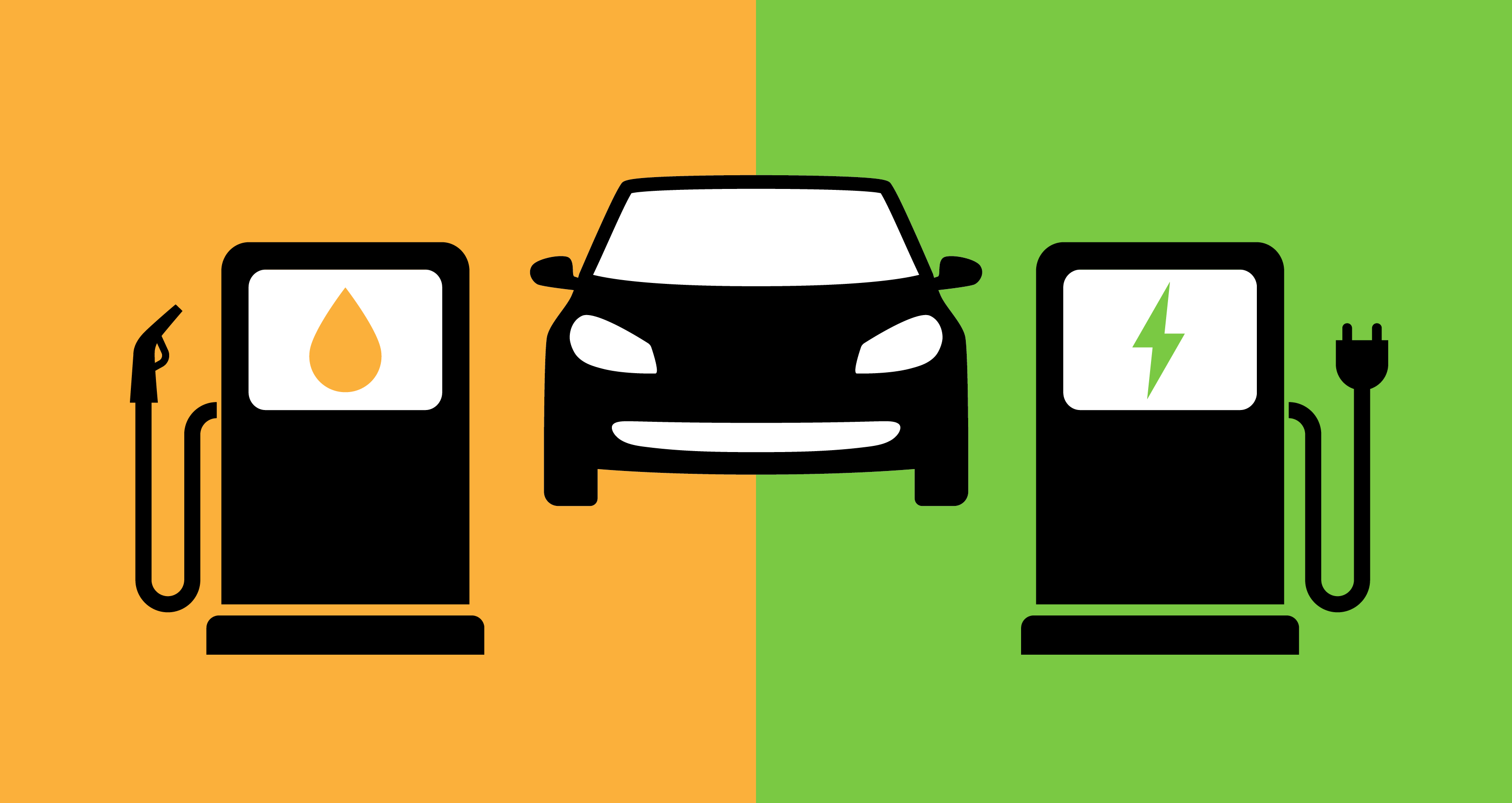Royal Dutch Shell Group, one of the largest publicly traded oil producers in the world, just laid out its plan for how the company will survive in a zero-emission, climate conscious world.
It’s a plan that rests on five main pillars that include the massive rollout of electric vehicle charging stations; a greater emphasis on lubricants, chemicals and biofuels; the development of a significantly larger renewable energy generation portfolio and carbon offset plan; the continued development of hydrogen and natural gas assets while slashing oil production by 1% to 2% per year; and investing heavily in carbon capture and storage.
These categories cut across the company’s business operations and represent one of the most comprehensive (if high level) plans from a major oil company on how to keep their industry from becoming the next victim of the transition to low emission (and eventually) zero emission energy and power sources (I’m looking at you, coal industry).
“Our accelerated strategy will drive down carbon emissions and will deliver value for our shareholders, our customers and wider society,” said Royal Dutch Shell Chief Executive Officer Ben van Beurden in a statement.
To keep those shareholders from abandoning ship, the company also committed to slashing costs and boosting its dividend per share by around 4% per year. That means giving money back to investors that might have been spent on expensive oil and gas exploration operations. The company also committed to pay down its debt and make its payouts to shareholders 20% to 30% of its cash flow from operations. That’s… very generous.

The Plan
Shell is a massive business with more than 1 million commercial and industrial customers and about 30 million customers coming to its 46,000 retail service stations daily, according to the company’s own estimates. The company organized its thinking around what it sees as growth opportunities, energy transition opportunities and then the gradual obsolescence of its upstream drilling and petroleum production operations.
In what it sees as areas for growth, Shell intends to invest around $5 billion to $6 billion to its initiatives, including the development of 500,000 electric vehicle charging locations by 2025 (up from 60,000 today) and an attendant boost in retail and service locations to facilitate charging.
The company also said it would be investing heavily in the expansion of biofuels and renewable energy generation and carbon offsets. The company wants to generate 560 terawatt hours a year by 2030, which is double the amount of electricity it generates today. Expect to see Shell operate as an independent power producer that will provide renewable energy generation as a service to an expected 15 million retail and commercial customers.
Finally the company sees the hydrogen economy as another area where it can grow.
In places where Shell already has assets that can be transitioned to the low carbon economy, the company’s going to be doubling down on its bets. That means zero emission natural gas production and a trebling down on chemicals manufacturing (watch out Dow and BASF). That means more recycling as well, as the company intends to process 1 million tons of plastic waste to produce circular chemicals.
Upstream, which was the heart of the oil and gas business for years, the company said it would “focus on value over volume” in a statement. What that means in practice is looking for easier, low-cost wells to drill (something that points to the continued importance of the Middle East in the oil economy for the foreseeable future). The company expects to reduce its oil production by around 1% to 2% per year. And the company’s going to be investing in carbon capture and storage to the tune of 25 million tons per year through projects like the Quest CCS development in Canada, Norway’s Northern Lights project and the Porthos project n the Netherlands.
“We must give our customers the products and services they want and need – products that have the lowest environmental impact,” van Beurden said in a statement. “At the same time, we will use our established strengths to build on our competitive portfolio as we make the transition to be a net-zero emissions business in step with society.”

Money talk
For the company to survive in a world where revenues from its main business are cut, it’s also going to be keeping operating expenses down and will be looking to sell off big chunks of the business that no longer make sense.
That means expenses of no more than $35 billion per year and sales of around $4 billion per year to keep those dividends and cash to investors flowing.
“Over time the balance of capital spending will shift towards the businesses in the Growth pillar, attracting around half of the additional capital spend,” the company said. “Cash flow will follow the same trend and in the long term will become less exposed to oil and gas prices, with a stronger link to broader economic growth.”
Shell set targets for reducing its carbon intensity as part of the pay that’s going to all of the company’s staff and those targets are… eye opening. It’s looking at reductions in carbon intensity of 6-8% by 2023, 20% by 2030, 45% by 2035 and 100% by 2050, using a baseline of 2016 as its benchmark.
The company said that its own carbon emissions peaked in 2018 at 1.7 giga-tons per year and its oil production peaked in 2019.
The context
Shell’s not taking these steps because it wants to, necessarily. The writing is on the wall that unless something dramatic is done to stop fossil fuel pollution and climate change, the world faces serious consequences.
A study released earlier this week indicated that air pollution from fossil fuels killed 18% of the world’s population. That means burning fossil fuels is almost as deadly as cancer, according to the study from researchers led by Harvard University.
Beyond the human toll directly tied to fossil fuels, there’s the huge cost of climate change, which the U.S. estimated could cost $500 billion per year by 2090 unless steps are taken to reverse course.
New US report says that climate change could cost nearly $500B per year by 2090































Comment